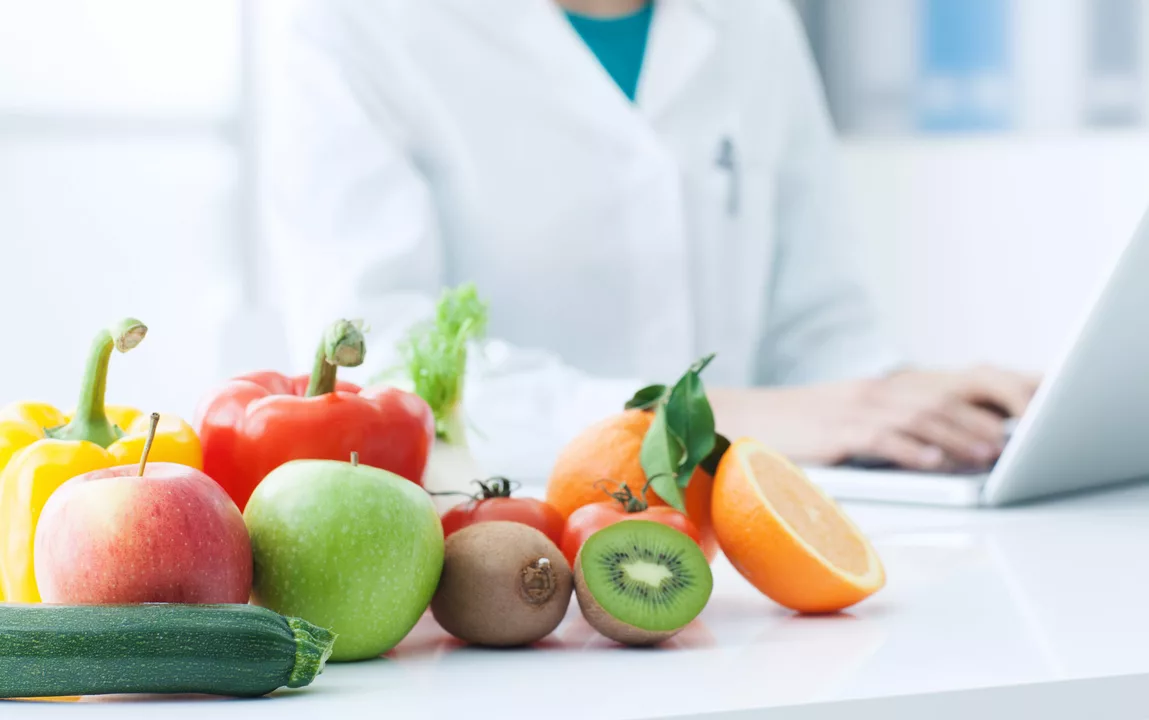Nutrition Basics and Money‑Saving Hacks for a Healthier Life
If you’ve ever stared at a grocery aisle wondering which product actually helps you feel better, you’re not alone. Nutrition isn’t just about counting calories; it’s about feeding your body what it needs to run smoothly. In this guide we’ll break down the core ideas of good nutrition, show how to pick supplements that truly work, and reveal easy ways to save money with online pharmacy coupons.
First off, think of your meals as fuel stations. Protein builds muscle, carbs give you energy, fats protect organs, and vitamins act like tiny mechanics keeping everything running. Skipping any one group can leave a gap that shows up as fatigue, mood swings, or slow recovery after workouts. The trick is to balance these groups without over‑complicating your shopping list.
Quick Nutrition Tips You Can Use Today
1. Color Your Plate. Aim for at least three different colors of fruits and veggies each meal. Different pigments mean different antioxidants, which help fight inflammation.
2. Protein First. Put a source of lean protein—like chicken breast, tofu, or Greek yogurt—in the center of your plate. It keeps you full longer and stabilizes blood sugar.
3. Swap Refined Grains for Whole. Choose brown rice, quinoa, or whole‑wheat bread over white versions. The extra fiber slows digestion, which means steadier energy.
4. Hydrate Smart. Water is the best choice, but if you need flavor, add a slice of lemon or cucumber instead of sugary drinks.
5. Mind Your Micronutrients. If you’re not getting enough vitamin D, iron, or calcium from food alone, consider a targeted supplement. But only after checking your levels with a simple blood test.
How to Get the Best Deals on Supplements
Supplements can be pricey, but you don’t have to pay full price for quality. Start by visiting reputable online pharmacies that list third‑party testing results—look for USP or NSF logos. Once you’ve found a trustworthy site, hunt for coupon codes. Our own RxPharmacyCoupons database updates daily with discounts for popular brands like Nature Made, NOW Foods, and Garden of Life.
When you spot a coupon, read the fine print: some deals apply only to first‑time buyers or require a minimum order value. Stackable coupons are gold—combine a site‑wide percentage off with a free‑shipping code for maximum savings.
Another tip is to subscribe to the pharmacy’s newsletter. Many retailers send exclusive promo codes to subscribers, and some even offer auto‑ship discounts that cut the price by up to 15% if you commit to regular deliveries.
If you’re unsure which supplement fits your needs, check our “Supplement Match” tool on RxPharmacyCoupons.com. It asks a few quick questions about your diet, goals, and any medical conditions, then suggests options that have solid reviews and coupon support.
Finally, don’t overlook bulk buying. Purchasing a three‑month supply at once often unlocks lower per‑unit prices, especially when paired with a coupon. Just make sure the product has a long shelf life—most vitamins stay potent for 2‑3 years if stored in a cool, dry place.
Balancing nutrition and budgeting is totally doable. By focusing on whole foods first, choosing supplements wisely, and using our coupon resources, you’ll keep your health on track without breaking the bank. Ready to start? Browse the latest deals on RxPharmacyCoupons.com and give your body the fuel it deserves.
